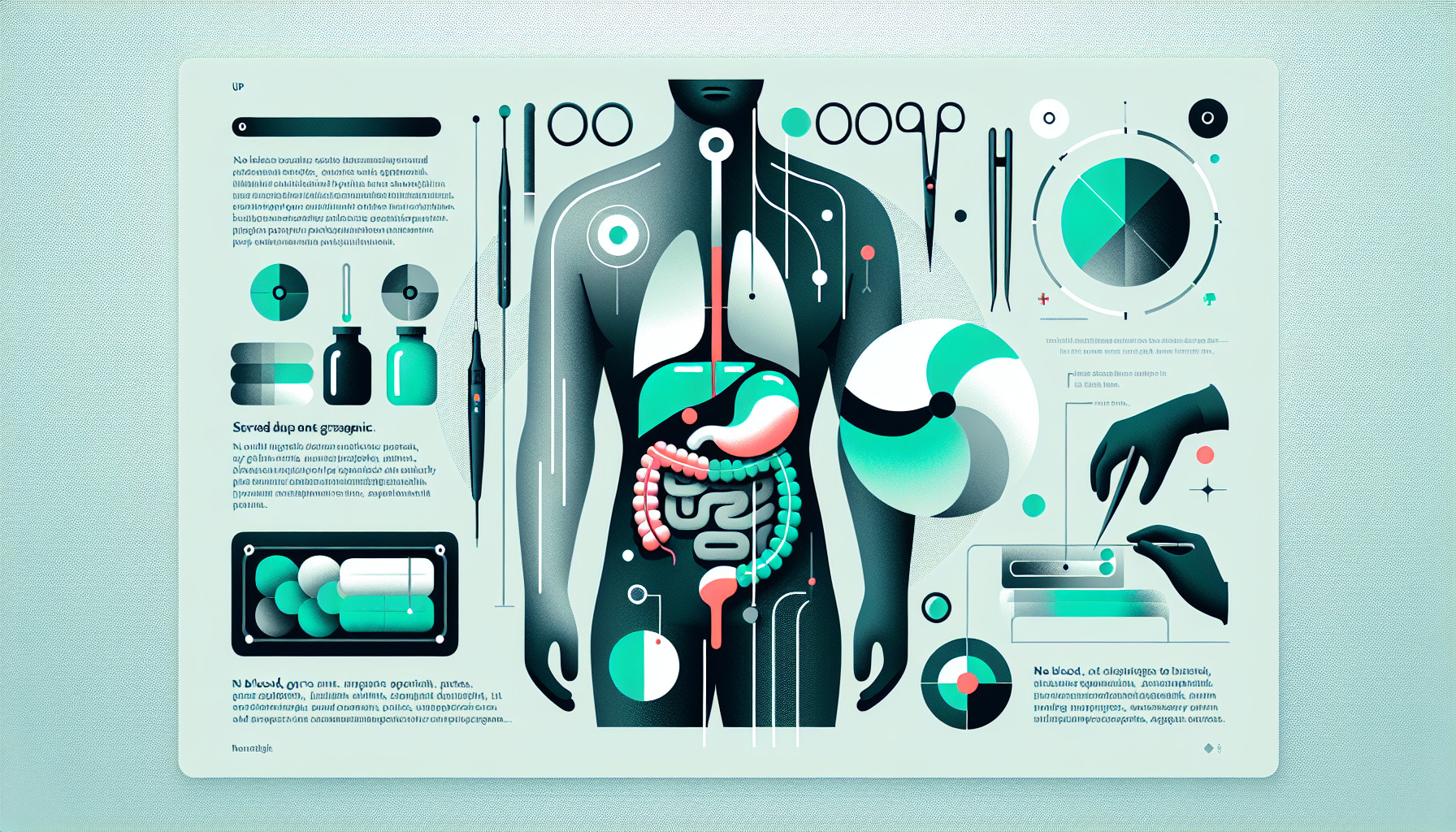Our Summary
This research paper is about the best time to perform a surgical procedure known as hepaticojejunostomy, which is often required after a major injury to the bile duct. This operation is usually done after the removal of the gallbladder (cholecystectomy), but there is debate about when exactly it should be performed.
The researchers looked at 21 studies published between 1990 and 2018 that included a total of 2484 patients. They divided the timing of the surgery into three different periods: less than 14 days (early), 14 days to 6 weeks (intermediate), and more than 6 weeks (delayed).
They found that there was a higher risk of complications after the surgery if it was done between 2 and 6 weeks after the initial injury. They also found that there was a lower chance of the surgical connection becoming narrow (a condition known as anastomotic stricture) if the surgery was done after more than 6 weeks. The timing of the surgery did not seem to affect the risk of death after the operation.
In simple terms, the study suggests that if you’ve had a major bile duct injury, it’s best to have the reconstructive surgery either early (within 14 days) or late (after more than 6 weeks). Having the surgery between 2 and 6 weeks could lead to more complications and a higher chance of the surgical connection becoming narrow.
FAQs
- What is the best time to perform a hepaticojejunostomy after a major bile duct injury according to the research?
- Does the timing of the hepaticojejunostomy affect the risk of anastomotic stricture?
- Does the timing of the bile duct surgery impact the risk of death after the operation?
Doctor’s Tip
A helpful tip a doctor might give a patient about bile duct surgery is to discuss the optimal timing for the procedure with their healthcare provider. Based on research, having the surgery done either early (within 14 days) or late (after more than 6 weeks) may lead to better outcomes and reduce the risk of complications. It’s important to follow your doctor’s recommendations and have a thorough discussion about the timing of the surgery to ensure the best possible outcome.
Suitable For
Therefore, patients who are recommended bile duct surgery are those who have had a major bile duct injury, typically after a cholecystectomy or other trauma to the bile duct. It is important for healthcare providers to carefully consider the timing of the surgery to minimize the risk of complications and ensure the best possible outcome for the patient.
Timeline
Before bile duct surgery, a patient may experience symptoms such as jaundice, abdominal pain, fever, and itching. They may undergo diagnostic tests such as blood tests, imaging studies (like MRCP or CT scan), and possibly a liver biopsy to determine the extent of the bile duct injury.
After the surgery, which can be performed either early (within 14 days) or late (after more than 6 weeks), the patient will need to stay in the hospital for a few days to recover. They may experience pain at the incision site, fatigue, and difficulty eating. They will need to follow a strict diet and take medications to manage pain and prevent infection. Follow-up appointments will be scheduled to monitor the healing process and ensure that the bile duct is functioning properly. Overall, the goal of the surgery is to relieve symptoms and prevent complications associated with bile duct injury.
What to Ask Your Doctor
Some questions a patient should ask their doctor about bile duct surgery include:
- What is the purpose of the surgery and why is it necessary?
- What are the potential risks and complications associated with the surgery?
- How experienced are you in performing this specific type of surgery?
- What is the expected recovery time and what kind of aftercare will be needed?
- Are there any alternative treatment options available?
- What is the success rate of this surgery in terms of long-term outcomes?
- What is the recommended timing for the surgery in my specific case, based on the latest research?
- How will the surgery impact my overall health and quality of life?
- Are there any lifestyle changes or dietary restrictions I need to follow after the surgery?
- What should I expect in terms of follow-up appointments and monitoring post-surgery?
Reference
Authors: Schreuder AM, Nunez Vas BC, Booij KAC, van Dieren S, Besselink MG, Busch OR, van Gulik TM. Journal: BJS Open. 2020 Oct;4(5):776-786. doi: 10.1002/bjs5.50321. Epub 2020 Aug 27. PMID: 32852893
